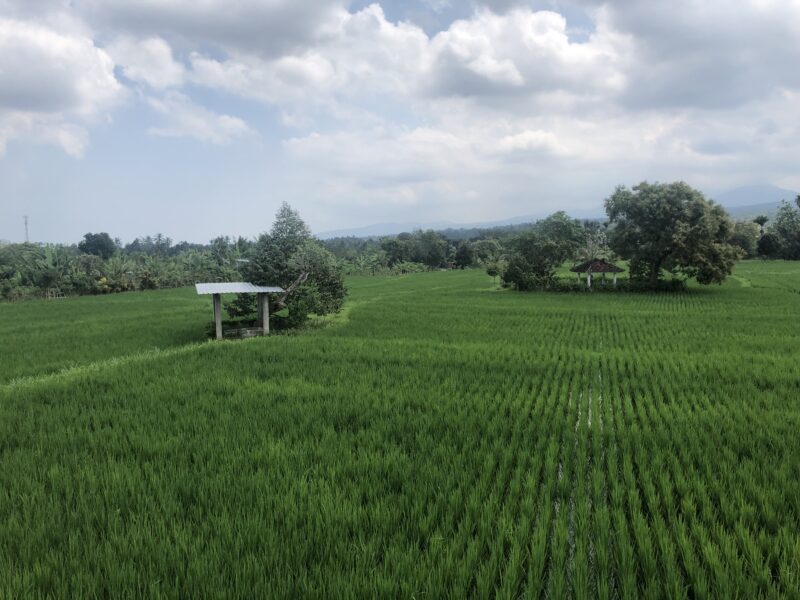Solution provider

The Danish Energy Agency engages nationally and internationally in the production, supply and consumption of energy - with efforts to reduce emissions of greenhouse gases.
Case
Waste management
Energy efficiency


The Danish Energy Agency engages nationally and internationally in the production, supply and consumption of energy - with efforts to reduce emissions of greenhouse gases.
Add the case to your visit request and let us know that you are interested in visiting Denmark
On several of the larger Islands in Indonesia, such as Lombok and Riau Islands, there are pressing challenges with energy demand and the volume of waste due to increasing economic activities, which on the other hand are positive for the welfare of the islands.
Both islands are increasingly reliant on fossil fuel sources to fulfil the increase of its energy demand while also facing several waste handling issues that need to be addressed.
In order to create more sustainable economic development on the islands and reduce Indonesia’s contribution to global greenhouse gas emissions, Denmark has provided capacity building opportunities for the local authorities to develop masterplans for the islands’ waste management system and long-term energy plans to optimize available local renewable energy resources and reduce its dependency on coal and diesel generation plants.
The joint study between Denmark and Lombok island on “ Lombok Energy Outlook” and “Prefeasibility Study on RE solutions in Lombok” illustrated the great potential for reaching 60% cost efficient RE in the Lombok power system by 2030. The prefeasibility study also indicate that wind, solar, biomass, and waste incineration power plant offer attractive investment opportunities.
As a follow-up to this study, the Provincial Government of West Nusa Tenggara has submitted a feasibility study proposal to Danida Sustainable Infrastructure Partner to look further into biomass power plant project potentially in Lombok by utilizing unused agricultural waste, such as rice husk and rice straw.
By utilizing and optimizing available local renewable energy sources, it is hoped that in the near future the two islands can reduce its dependency on the use of fossil-based energy such as coal or oil for diesel and become energy independent.